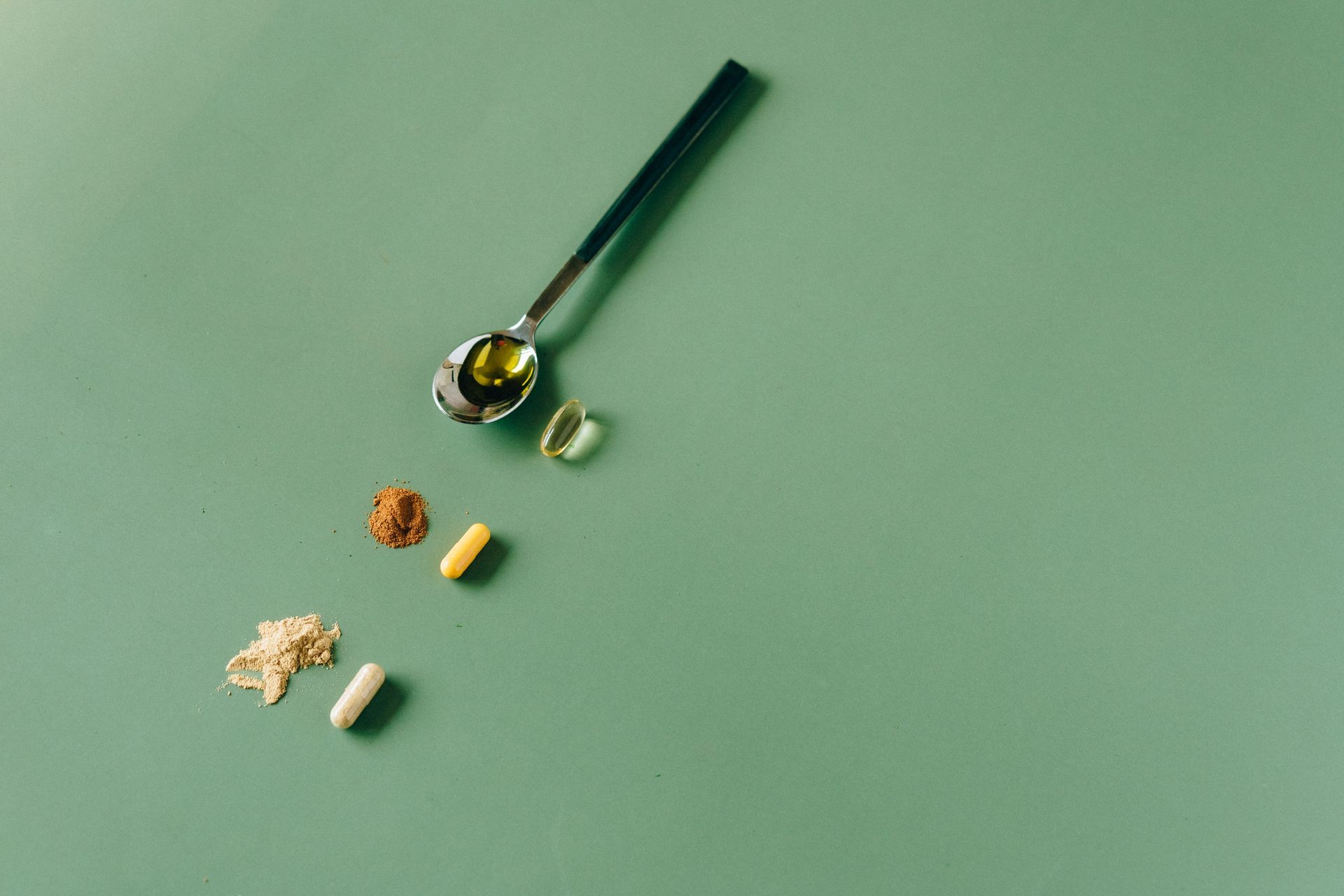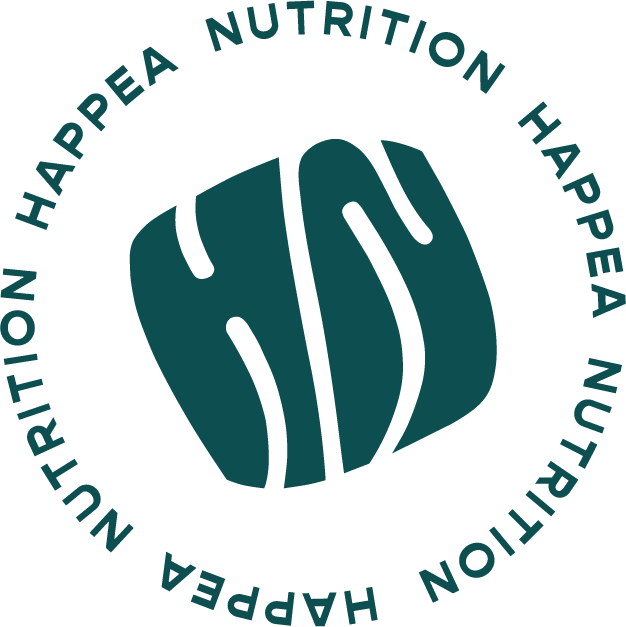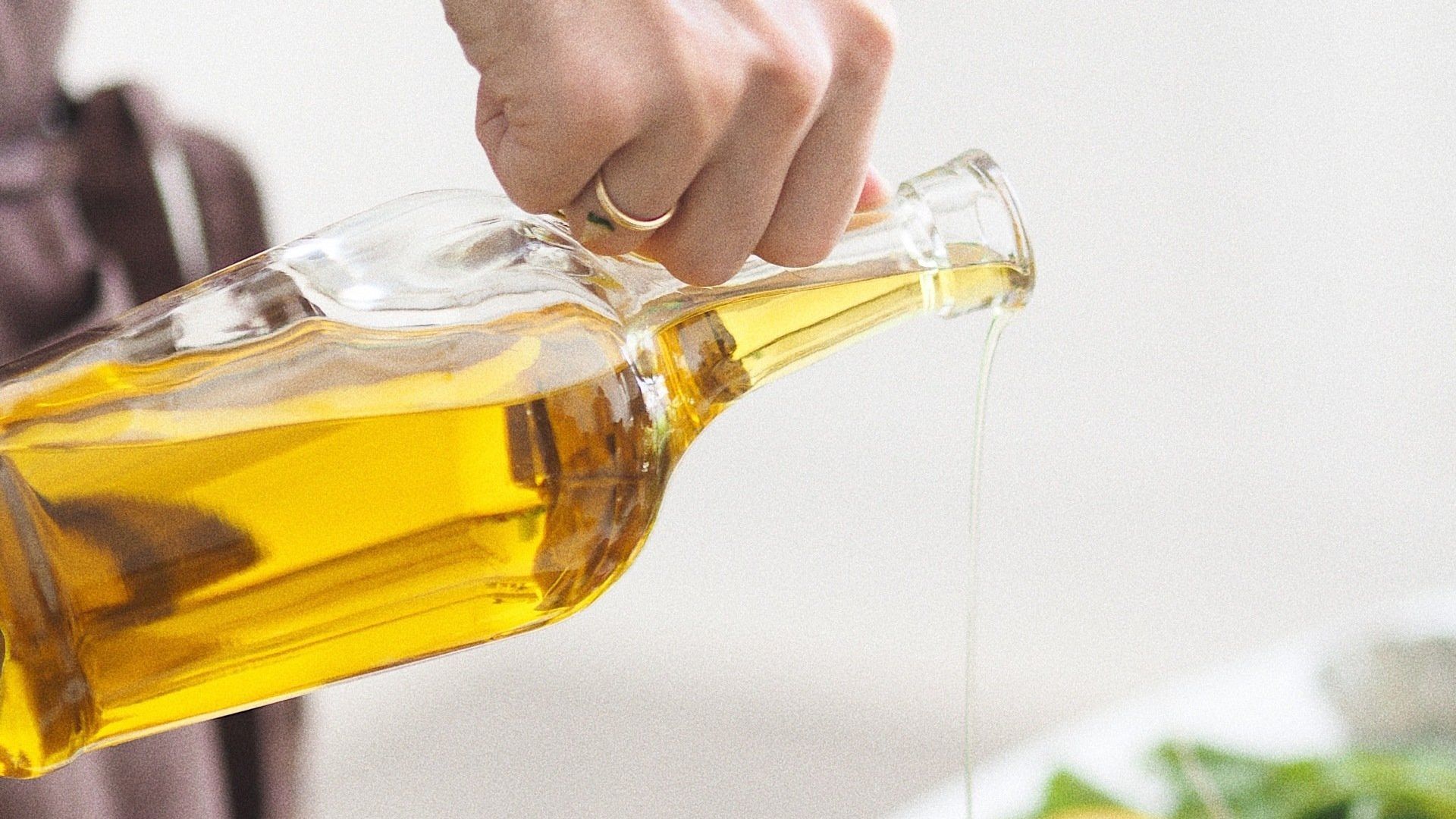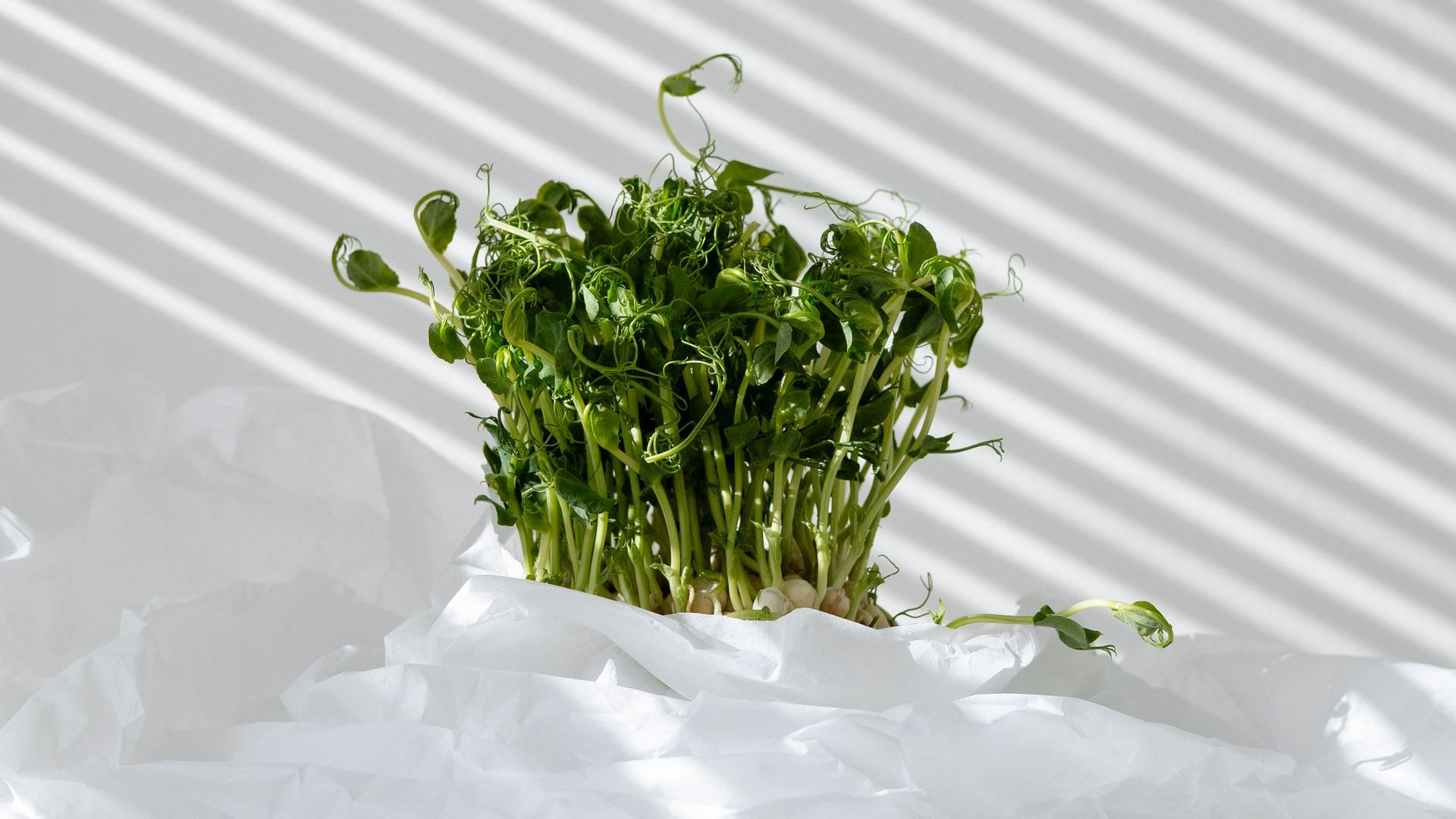Are You Addicted To Food Or Just Hungry?
Recently, the idea of “ food addiction ” has been buzzing around social media. According to a recent article published in the American Journal of Medicine , there has been a sevenfold increase in the number of published research papers with the term “food addiction” in them since 2008. Where does the idea of food being addictive come from? Is it true that your cravings are a psychological problem? Let’s dive into the evidence.
Sugar As Addictive As Opioids?
This is the idea most often cited by those who are trying to sell the idea of food addiction. The theory is that sugar is addictive because after consuming sugar, and carbohydrates in general, there is a release of dopamine in our brains. This activates the area of the brain responsible for reward and motivation. Since this is the same area that is activated after having drugs, people claim sugar must have the same effect. However, there are a few problems with this simple assumption.
An addiction is a highly complex dysfunction of the brain reward, motivation, and systems. It is important to understand the difference between an addiction and simply intoxication. Fully understanding the bio-psychosocial processes involved in stimulant and opioid addiction shows that it is far more complex than simply craving a drug.
You Don’t Build A Tolerance To Sugar
An addiction results in building tolerance to a drug. People who are addicted to a substance will often use more and more even though it may not make them feel good. This is very different from the desire to get high or get drunk for pleasure.. Sources often claim that people who are “addicted” to sugar will also crave more. But developing a taste preference or being more of a sweet tooth is not the same as being unable to stop eating sugar or ruining your life to have more sugar. To be honest, I find the comparison quite offensive.
There Are No Withdrawal Symptoms
People who stop taking a drug can’t do it abruptly. Withdrawal can be fatal with complications such as cardiac instability, suicidal ideations, or psychosis. People who stop eating sugar or their “guilty pleasure” foods, will most likely not have to be hospitalized with delirium. At least I have never heard of a case of severe sugar withdrawal.
According to a statement from The American Society of Addiction Medicine Public Policy , the diagnosis of addiction requires a detailed biological, psychological, social, and spiritual assessment. An addiction can only be diagnosed by trained professionals. Your sugar craving most likely does not meet the criteria for such a diagnosis.
Dopamine Production Does Not Equal Addiction
The release of dopamine in the area of the brain associated with motivation and reward happens in response to a multitude of activities. For example, when you exercise. However, nobody will tell you to stay away from the treadmill because you might get addicted! The dopamine response simply means something makes you feel good.
There Is A Reason Why We Crave Sugar
The preference for sweet foods is something we developed a very long time ago. It’s a survival mechanism. Sweet foods have always been the ones with the most energy, and humans have evolved to seek them, especially in times of limited access to food. Our brain knows that sweet foods are a source of dense energy and make us seek them when they are deprived of nutrients. Remember that human milk is sweet and it’s the first taste all of us are exposed to.
You Need Sugar
Don’t get me wrong - you don’t NEED added sugar. But you do need glucose (sugar) for your body to function. This glucose comes from fruits, vegetables, whole grains, legumes, and yes - some added sugar is totally fine too. Our brain and many other cells can’t run without a continuous supply of glucose. Our bodies are smart and regulate the supply very well. But when the supply is low, your body may go into panic mode.
You Might Just Be Hungry
I see the extreme cravings in a lot of people who are chronic dieters. The deprivation triggers your brain to constantly think there might not be enough supply of fuel. So, whenever you are around an energy dense food, it drives you to overeat. This has nothing to do with addiction and much more to do with survival.
If you starve yourself, your body will do everything to correct this. And extreme cravings are one of the first lines of defense.
Just Eat The Cookie
Seriously, have one when you crave it and see how the less you restrict, the more you are able to control the craving. It sounds much simpler than it actually is, I know! The years of restriction throw your body off for sure.
You’re no addicted to food, your body is just struggling as a result of you depriving yourself of your favorite foods for years. Forget the restrictive fad diets, it’s all about learning to listen to your body. Working with a registered dietitian can help you find a way of eating that works for you.
Share this



